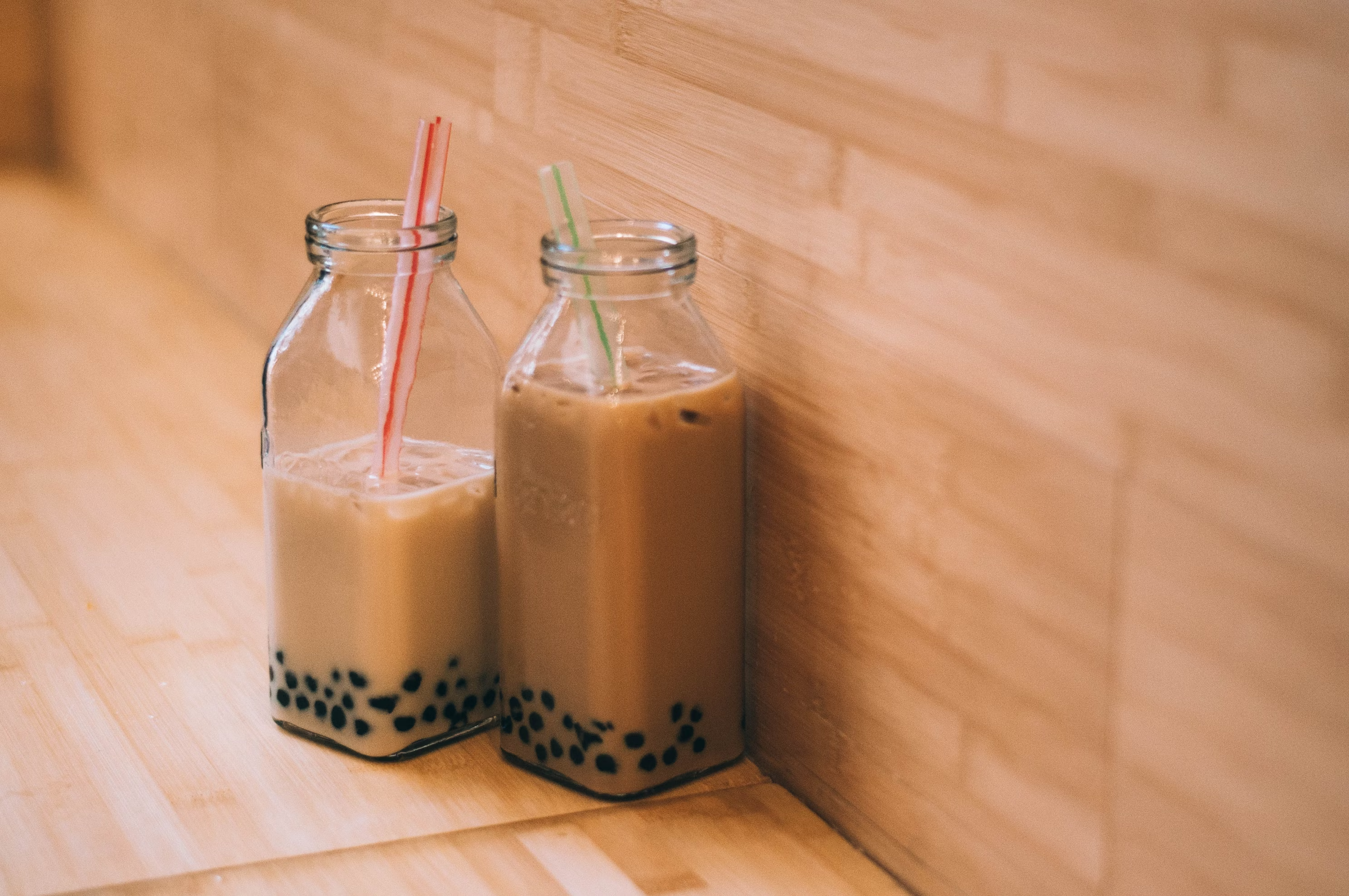Boba Tea Calories: The Tasty Truth Revealed
Boba tea, also known as bubble tea, has gained international popularity with its sweet, milky flavor and signature tapioca pearls. While it can be a refreshing beverage, many consumers are curious about its nutritional content, particularly its calorie count. The calorie content of boba tea can vary significantly based on the ingredients used, such as the type of milk, the amount of sweetener, and the inclusion of additional toppings or syrups.

Boba tea, also known as bubble tea, has gained international popularity with its sweet, milky flavor and signature tapioca pearls. While it can be a refreshing beverage, many consumers are curious about its nutritional content, particularly its calorie count. The calorie content of boba tea can vary significantly based on the ingredients used, such as the type of milk, the amount of sweetener, and the inclusion of additional toppings or syrups.
An average 16-ounce serving of boba milk tea contains about 300 calories, but this number can fluctuate. The variable factors contributing to these calories include the presence of milk, non-dairy creamer, and sweeteners like sugar or syrup, which are commonly used to enhance the flavor. The chewy tapioca pearls, or boba, are often the distinguishing feature of this beverage, but they also contribute additional calories and carbohydrates.
Nutritional Composition of Boba Tea
Boba tea, also known as bubble tea or pearl milk tea, is a Taiwanese drink that has gained popularity worldwide. Its traditional form combines tea, milk, and chewy tapioca pearls, but modern variations may include a wide range of ingredients such as fruit flavors, different types of sweeteners, and various types of milk or creamers.
Calories in boba tea can vary widely. A typical 16-ounce serving of boba milk tea has approximately 240 to 300 calories, largely due to the sugar and tapioca pearls used. The pearls themselves contribute about 63 calories per ounce with nearly 15 grams of carbohydrates.
The nutritional values offered by other components in boba tea include:
- Protein: Minimal protein content, unless dairy milk or almond milk is used.
- Fiber: Generally low; the tapioca pearls do not offer significant dietary fiber.
- Fat: Varies based on choice of milk, creamer, or syrups. Some teas can have up to 7 grams of fat mostly due to added creamers or milk powder.
- Sugars: Can be high, with some drinks containing upwards of 40 grams of sugar, significantly contributing to the total carbohydrate count.
- Calcium and minerals: Presence depends on the dairy or fortified plant-based milks used.
Tapioca pearls, the signature of boba tea, are made from the starch of the cassava root. While they provide the distinctive texture that many enjoy, nutritional benefits like vitamins or minerals are minimal.
In terms of added sugars and saturated fat, boba tea can be high, with sweetened condensed milk, sugar syrups, or flavored powders often contributing to this content. For those considering their energy intake and nutritional balance, it is essential to understand the nutrition facts for the specific variation of boba tea being consumed.
Health Considerations and Alternatives
When considering boba tea, it's important to assess its nutritional impact and explore ingredient alternatives that can cater to specific dietary needs or health goals.
Impact on Health
Boba drinks, commonly high in calories and added sugars, can contribute to potential health risks such as obesity and heart disease if consumed in excess. The tapioca pearls, or "boba," are carbohydrate-rich and provide little nutritional value, while the sugar-sweetened beverages are also associated with increased cholesterol levels. However, the tea base, if unadulterated by sugars and creamers, contains antioxidants which can provide health benefits such as reducing inflammation and potentially lowering cancer risk.
Nutritional Content of Boba Tea:
- Calories: Varies, typically high due to syrups and toppings
- Sugar: High in sugar-sweetened varieties
- Dairy: Can be present in milk-based teas, raising concerns for lactose intolerance
- Allergens: Some teas may contain soy or nuts, posing risks for individuals with allergies
Ingredient Variations for Dietary Needs
For those seeking healthier alternatives or accommodating dietary restrictions, ingredient substitutions can make a substantial difference:
- Sugar: Opting for less sugar or natural sweeteners like stevia can significantly reduce calorie intake.
- Milk: Using soy milk, almond milk, or coconut milk offers non-dairy alternatives that cater to those with dairy allergies or lactose intolerance. Similarly, using low-fat or no-fat milk can decrease calorie and fat content.
- Flavored Syrups: Choosing fresh fruit, such as strawberries or mango, as sweeteners instead of flavored syrups can add vitamins and reduce artificial additive consumption.
- Non-Dairy Creamer: Opt for a splash of juice, like aloe or avocado, to replace creamers which often contain trans fats and increase sodium content.
- Tapioca Pearls: For a healthier alternative, consider jelly or fruit bits that may provide more nutritional value and less processed carbohydrates.
By considering these alterations, one can enjoy boba tea while minimizing health risks and aligning the drink with their nutritional needs or restrictions.
Want more posts like this?Sign up for our FREE newsletter →